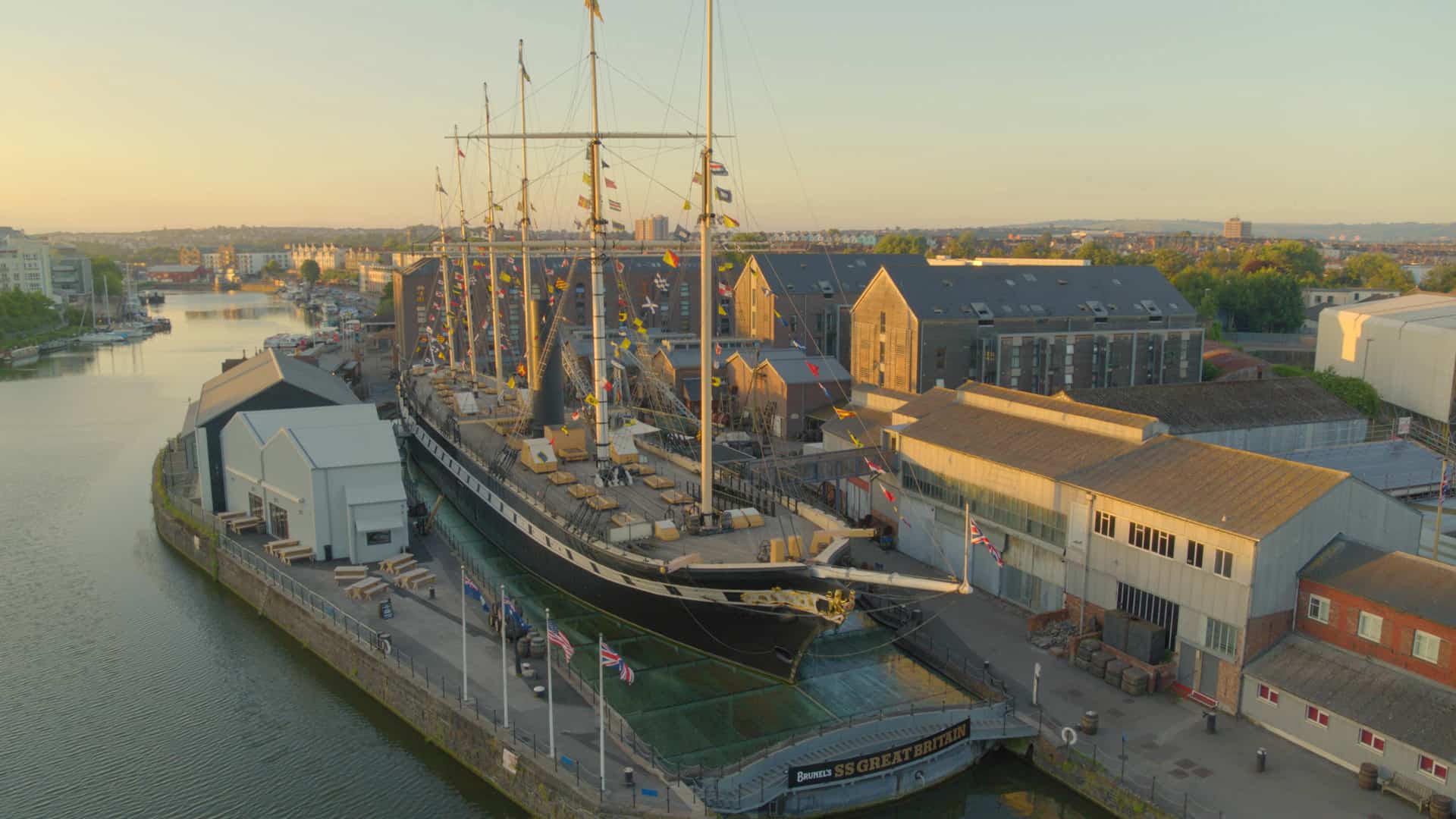She survived the French Revolution alone, imprisoned, and as a teenager:
At the age of just 17, Sophia found herself trapped by the French Revolution, a time of intense political upheaval, having been sent to the country to learn the language
After all English citizens were declared spies, Sophia was arrested and taken 200km across France in a cart. She ended up in the convent of an English, Catholic order, the Poor Clares in Gravelines, France.
Over 70 women spent 18 months in deprivation, with few supplies; they were only released following the execution of Robespierre, one of the leaders of the French Revolution.
She overcame time and family opposition for love:
In early 1793, Sophia fell in love with her husband-to-be, Marc Brunel. Just a few months later, having publicly spoken out against one of the leaders of the French Revolution, the love of her life was forced to flee France for the safety of America.
Sophia returned to England two years later in 1795, but she would have to wait another four long years, resisting many other suitors, until in 1799, Marc finally returned to her. Sophia married her Frenchman at St. Andrew’s Church, Holborn on 1 November that very same year.
She had a strong and successful marriage:
Sophia and Marc were devoted to each other for the rest of their lives. Marc once wrote to her, ‘To you, my dearest Sophia, I owe every success.’
In May 1821, Marc Brunel was arrested for debt and sent to a debtors’ prison. Sophia went with him because she wanted to. Marc wrote in a letter to Dr. Wollaston, ‘Nothing but the fortitude of my dearest Mrs. B. that supports me at all.’
Sophia and Marc raised three children to adulthood; Sophia, Emma, and of course, Isambard Kingdom Brunel. Isambard became one of the greatest engineers of his day, working on projects which would change the world.
Sophia Brunel should be remembered as more than a footnote in history. While she fulfilled all the roles typical of Victorian woman – she was accomplished, married, and the mother of successful children – she did it in her own way. She was also clearly a survivor.
In her later years, Sophia displayed a cream jug she was given by friends during her imprisonment at Gravelines. According to her daughter’s later memoir, the jug ‘was filled for [Mother’s] breakfast by a kind friend of the name of Macnamara’. Not only did she keep the cream jug on display, Sophia Brunel gave her eldest child the middle name of Macnamara. These two actions are clear indications Sophia did not want to completely forget the experience, or the friend who supported her.
Like so many other wives, daughters, sisters and women from history, there are few, if any, writings in Sophia’s own hand that survive. It’s an unfortunate fact that for so many women throughout history the only proof of their lives is through the shadows or reflections they cast from the glare of men’s lives. Instead of simply being seen only in the context of her male relatives’ accounts and perspectives, Lady Sophia Brunel deserves to be remembered and celebrated in her own right.
Author: Joanna Munholland, Interpretation Project Officer



